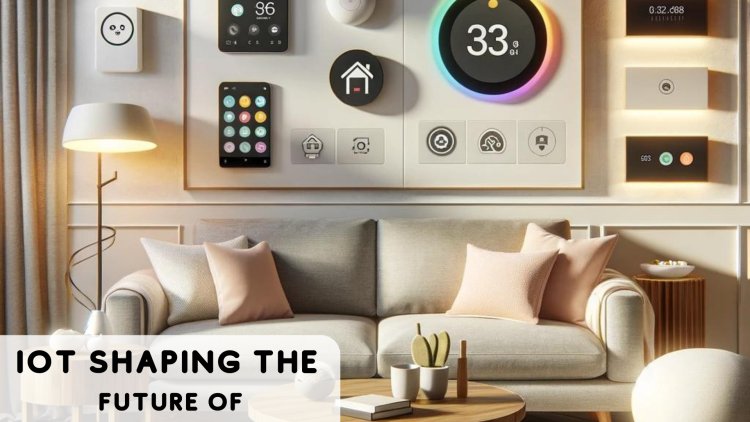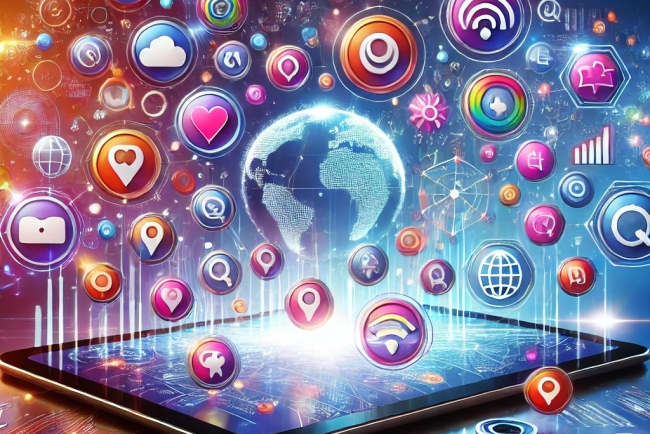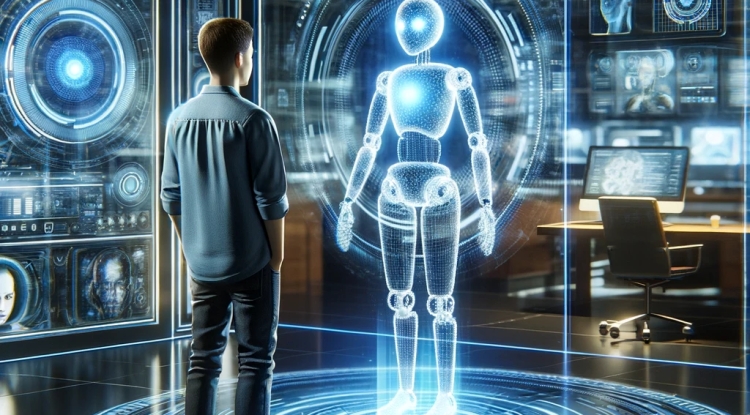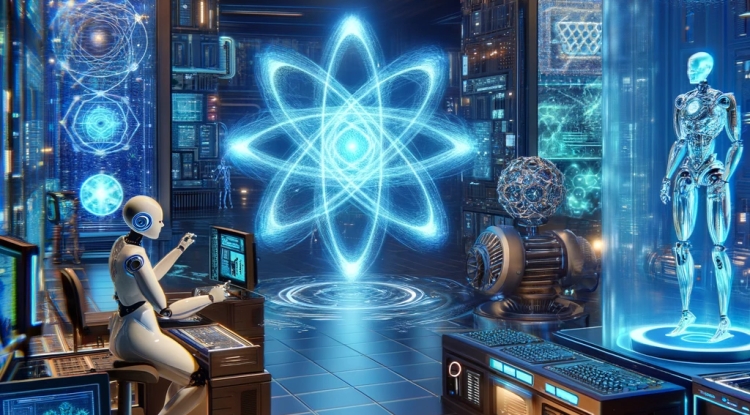The Rise of Smart Homes and IoT Shaping the Future of Living Spaces
Exploring how the Internet of Things (IoT) and smart home technologies are transforming our daily lives by offering enhanced convenience, energy efficiency, security, and remote management, paving the way for a more sustainable and secure future.

Today, as technology advances rapidly, our living spaces are also becoming smarter. The Internet of Things (IoT) technology is transforming our homes into more intelligent, connected, and efficient spaces, making our daily lives easier. Now, we can remotely control almost everything in our homes, from lights to thermostats, security cameras to kitchen appliances. Smart homes not only offer convenience but also help us save energy and enhance our security.
What is a Smart Home?
A smart home is a living space where home appliances, lighting, electronic devices, and more can communicate with each other and with the homeowner over the internet. These systems allow you to control heating, lighting, security, and many other features via your mobile devices, even when you're not at home.
The Power of IoT
The foundation of IoT technology lies in the ability of devices to connect with each other and with a central control point over the internet. This enables users to manage their homes more effectively. For example, you can adjust your home's temperature from your workplace, check the contents of your smart refrigerator, or ensure your home's security through smart security systems.
Benefits of Smart Homes
- Energy Savings: Smart thermostats and lighting systems optimize energy use, lowering your bills.
- Comfort: Controlling your home's features through voice commands or mobile applications enhances living comfort.
- Security: Smart security cameras, door lock systems, and alarm systems increase your home's security.
- Remote Management: Even when you're away, you can keep control of your home in your hands.
Technologies of the Future
Smart home technologies continue to evolve every day. In the future, AI-powered assistants will learn homeowners' needs and make adjustments accordingly. The more effective communication between IoT devices will take home automation to a further level.
Sustainable Living and Smart Homes
Smart home technologies play a crucial role in supporting sustainable living. Devices and systems that save energy help us reduce our environmental footprint. For example, smart thermostats and lighting systems prevent waste by using only the energy we need.
Security of Smart Homes
With the proliferation of smart homes, concerns about security and privacy are also increasing. These technologies are continuously evolving to protect users' data and take security measures against cyber attacks. Users can reduce these risks by using strong passwords and keeping their security software up to date.
Smart homes and IoT technology have become an integral part of modern life. Offering advantages such as energy savings, comfort, security, and remote management, these technologies are shaping the homes of the future. As technology becomes more integrated, our living spaces will become smarter, safer, and more comfortable. Smart homes represent not just a technological revolution but also a significant step towards a more sustainable and secure future.
What's Your Reaction?




















